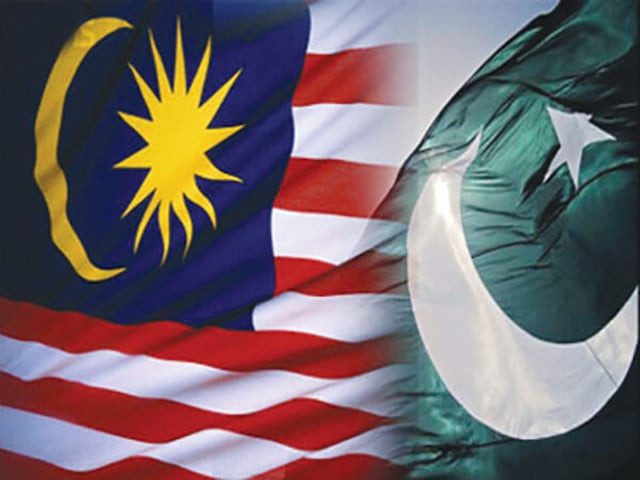Ease of doing business: cases of Malaysia, Pakistan
For govt-private sector interaction, Pakistan has no systematic platform

In 2010, Malaysia was ranked No 116 in the world in terms of ease of construction permits, which was one of the many parameters that the World Bank used to compare countries on the “Ease of Doing Business”.
On the instructions of then prime minister Najib Razak, a high-powered task force with equal representation from the government and private sector was constituted, which was backed by the Malaysia Productivity Corporation (MPC) as its secretariat.
Pemudah undertook a thorough review of business licences’ requirements by doing a diagnostic of more than 778 regulations during 2011-2013. As a result, the government streamlined 691 regulations, eliminated 36 and maintained 51 licences.
This resulted in cost saving of approximately $250 million per year, which would have otherwise been spent by the private sector in terms of time and money for compliance. A report was presented in parliament. This process provided strong legal foundations for constant improvement in business climate.
Malaysia achieved a notable success in improving the business climate and climbed to No 6 worldwide in 2013, from an already high position of No 23 in 2010. The most dramatic shift was observed in simplifying its permit process for the construction sector where Malaysia’s rank improved from 116th position to second position in just four years.
This followed a long process and resulted in a series of fresh foreign direct investments in the construction sector. Thus, the improvement in ranking was reflected in the economic development, as captured in the Ease of Doing Business Index.
Pakistan’s story
Pakistan experienced a steep decline in the Ease of Doing Business ranking from 61 in 2006 to 147 in 2018 over 12 years. It began to regain its position after 2018 and was eventually ranked 108th on the Ease of Doing Business Index as per Doing Business 2020, the last year after which the World Bank suspended the publication.
Pakistan climbed 28 places in one year and was included in the world’s top 10 business climate improvers in 2019-20, which should be considered a significant achievement.
Reforms included an online one-stop shop to start a business easier, abolishing labour department registration fee in a province, simplification of construction permit and regularisation of building quality inspection.
They also included online payment for value added taxes and corporate income taxes, lowering of the corporate income tax rate, reduction in the number of payments, reduction in the time required for compliance, simplification of the registration of property and improvement in coordination among various agencies responsible for trade facilitation.
Lessons learnt
The creation of reform committees and task forces allows continuous interaction and learning platforms. While in Pakistan there is no shortage of such task forces and committees, a systematic approach is largely missing.
In the specific case of government-private sector interaction, there is no systematic platform in Pakistan. Unlike Malaysia, where such task forces are backed by well-resourced departments or teams, in Pakistan, members of such task forces are left on their own for deliberation, thus largely serving the demand for inclusive policymaking rather superficially.
Pemudah in Malaysia has continued to function despite five changes in the government since 2009.
As a former official of Pakistan’s government admitted, “rankings and reforms are different things.” The bureaucracy was undertaking administrative measures to improve procedures without really reforming the system.
Pakistan achieved improvement in the Ease of Doing Business Index, climbing up 28 places in 2020 when compared with 2019. This followed a series of disconnected efforts spread over 13 years, which various government agencies undertook often on the insistence of international donor agencies.
Despite these important gains, the interaction between the government and private sector lacks a formal structure and is often perceived as artificial. The implication is that while administrative reforms are real, the benefits are yet to be seen with the exception of a rise in the number of registered companies.
Recommendation
Pakistan should establish a permanent body like Malaysia’s Pemudah comprising an equal number of business community leaders and nominees from all the ministries concerned. This task force will operate like a permanent platform for the implementation of policies through dynamic interaction between the government and private sector.
Task force members sit on the body for a specific tenure. There should be no political interference as the government nominates senior officials instead of any ministers.
The government should also designate a relevant government agency to act as the secretariat of the task force to provide research and operational support. The task force should not be mandated to discuss policies, which remain in the purview of relevant ministries, but it may recommend these policies for deliberation.
The writer is the Executive Director of PRIME, an economic policy think tank in Islamabad. This article draws on his doctoral thesis



















COMMENTS
Comments are moderated and generally will be posted if they are on-topic and not abusive.
For more information, please see our Comments FAQ